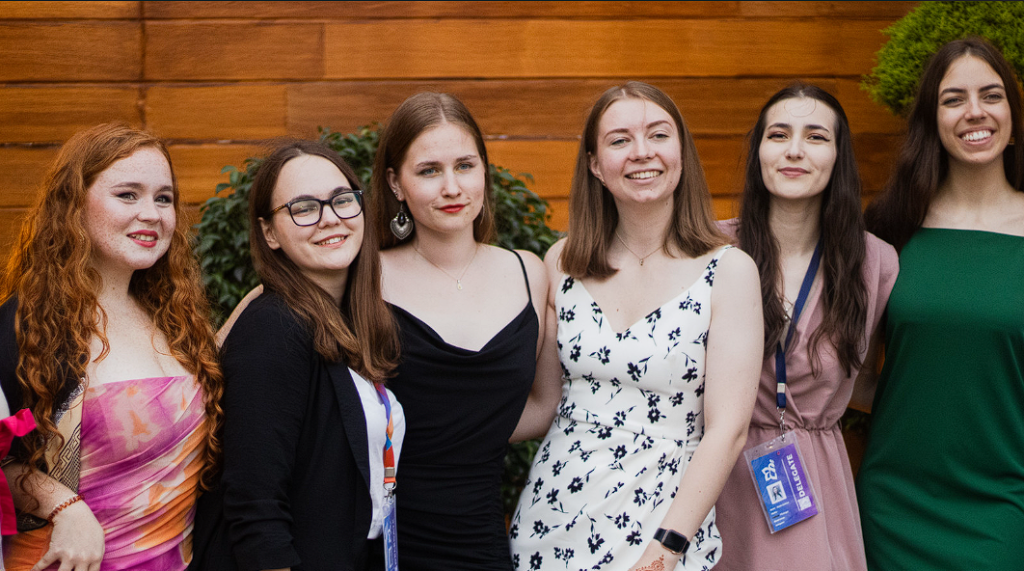
Today is International Women’s Day, and virtually all women worldwide are being celebrated.
But….
Have you ever wondered why we set aside a day each year to celebrate women?
How did it evolve over the years? Oh, and what if we stopped celebrating it altogether? What would happen then?
Curious enough?
Continue reading to find out the answers.
Why are we celebrating Women’s Day?
Around the beginning of the 20th century, women had enough. Working conditions were poor, and the workdays were too long and little to no rights were given to them. For instance, only 8 countries in the world allowed women to vote.
With the collective power of 15,000 women who went to protest, change happened.
In New York City, the Socialist Party of America organized a “Women’s Day” one year after the protests. This event triggered other European organizations to propose and organize similar dates, like the International Socialist Women’s Conference.
Around 1911, Europe started to see International Women’s Day commemorations. These events would create a new wave of advances in women’s rights, such as the right to vote!
Why March 8th?
This date holds a significant place in history, rooted in the struggles and triumphs of women worldwide. After the initial Women’s Day gatherings in the early 20th century, March 8th emerged as a symbolic day of solidarity and action. On this day in 1917, women textile workers in Petrograd, Russia, staged a protest demanding bread and peace, marking the beginning of the Russian Revolution. Their courage and determination sparked a movement that would change the course of history.
Even though Women’s Day started as a mainly socialist date, it made it through the international community, and in a few decades, the Global Feminist Movement and the United Nations adopted it as well, making it a global holiday.
As we all know, women today have different lifestyles than their peers from 1910; they can work, vote, and have more freedom in general, but as we closed the gaps between men and women, new gaps formed with the unique needs of society.
Leadership played a crucial role in driving forward the advancements in women’s rights over the years. Visionary leaders, both women and men, have championed the cause of gender equality, paving the way for progress. From pioneering suffragettes fighting for the right to vote to contemporary activists advocating for equal pay and representation in boardrooms, leadership has challenged societal norms and pushed for change.
The years passed, and countries decided to take hands on this holiday around the late 60s when the day became known as “Women’s International Day of Struggle.” It called for different rights such as equal pay, economic opportunities, legal, reproductive, subsidized child care, and to prevent violence against women; it’s odd to think some of these issues still haunt us in our modern society.
This holiday also caught the attention of the United Nations and even corporations, creating a new wave of criticism due to its commercialization, the de-escalation of its radical nature, and the lack of connection with current women’s challenges.
What if we stopped celebrating International Women’s Day?
But what if we stopped celebrating International Women’s Day? Would it signify that the struggle for gender equality has been won, and there’s no longer a need for recognition and advocacy? Unfortunately, reality tells a different story. Ceasing to commemorate this day would risk erasing the progress made and undermining the ongoing challenges women face worldwide. It would diminish the visibility of gender disparities and hinder efforts to address them. International Women’s Day is a reminder of the work yet to be done and a call to action for individuals and institutions to strive for a more equitable world.
Bottom line
Many people believe that Women’s Day is no longer needed. In their eyes, women achieved equality, and some earned high titles. However, what we fail to see as a society is that this is only the reality for a tiny percentage of women.
Today…
Women are still paid less than men for the same job.
Still, they are underrepresented in decision-making roles.
Still are subject to harassment and violence.
In addition, millions of girls around the world are denied access to education and fundamental human rights. These statistics underscore the need to advocate for gender equality and women’s rights.
As a global youth-run organization, we believe in the potential of humankind. And humankind cannot exist without women. Let’s, therefore, celebrate the courage and the contribution women bring to the world. Today, tomorrow, always.
If you want to learn more about women’s rights and how you can improve current social discrimination against women, we invite you to sign up for the Youth Speak Forum.
Youth Speak Forum is a platform where young people can discuss pressing global issues, including gender equality, and collaborate on solutions to create a more inclusive and equitable world for all.
We can’t wait to see you there!
Leave a Reply